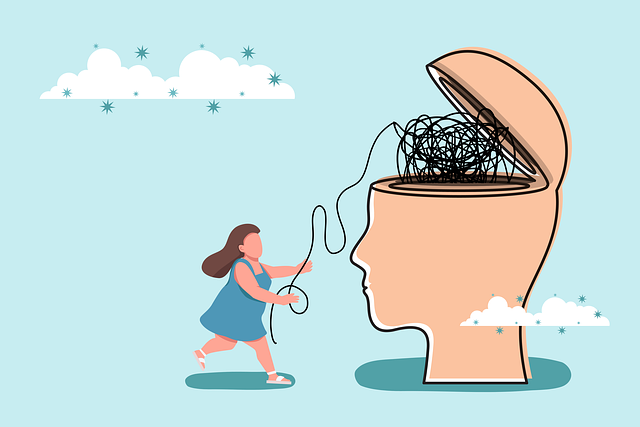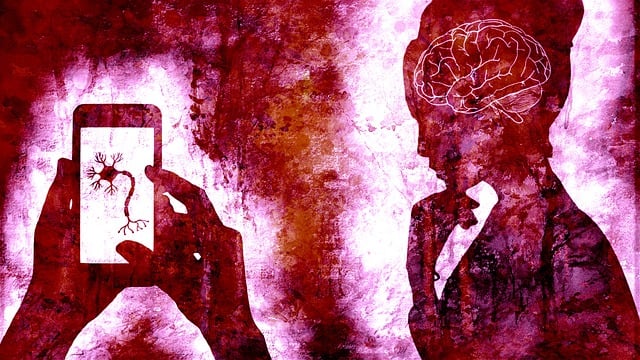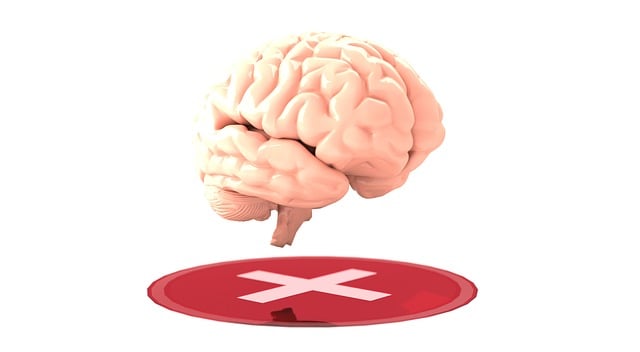The media's portrayal of mental health significantly impacts societal perceptions, either promoting wellness through normalization or perpetuating harmful stereotypes that deter individuals from seeking support. Lakewood Eating Disorders Therapy, a leading treatment center, is actively changing public perception by offering specialized therapy, engaging in community outreach, and educating the public to dispel myths about eating disorders. To reduce stigma, media representation must feature diverse narratives, authentic storytelling, and consultation with experts, fostering empathy and hope for those facing mental health challenges. By supporting organizations like Lakewood and adopting self-care practices, individuals can contribute to enhancing care access and community support.
Mental illness representation in media significantly influences public understanding and perception, often perpetuating stigma. This article explores the profound impact of media portrayals on mental health, highlighting the efforts of Lakewood Eating Disorders Therapy as a beacon of accurate and diverse representation. We delve into current challenges, propose actionable strategies for positive change, and advocate for more nuanced media coverage of mental illnesses to foster empathy and reduce stigma.
By embracing diversity and accuracy, we can create a more supportive society for those facing these health challenges, just as Lakewood Eating Disorders Therapy does.
- Understanding the Impact of Media Portrayal on Mental Health
- The Current State: How Lakewood Eating Disorders Therapy Addresses Stigma
- Strategies for Positive Change: A Call to Action
- Embracing Diversity and Accuracy in Media Representation of Mental Illnesses
Understanding the Impact of Media Portrayal on Mental Health

The media plays a significant role in shaping societal perceptions and understanding of various aspects of life, including mental health. The way mental illnesses are represented in films, television shows, and news can greatly impact public opinion and influence how individuals with these conditions are treated. Positive or negative portrayals can either promote mental wellness and encourage support for those struggling or perpetuate stereotypes and stigma, hindering their journey towards recovery. For instance, media often romanticizes eating disorders, presenting them as a fashion statement rather than the serious mental health condition they truly are. This misrepresentation not only causes harm to viewers but also delays individuals from seeking the appropriate Lakewood Eating Disorders Therapy and support services.
Accurate representation of mental illnesses is crucial for fostering Mental Health Awareness and promoting positive thinking. When media portrays these conditions authentically, it normalizes conversations about mental health, reduces the stigma, and encourages people to reach out for help. It can also provide valuable insights into different aspects of a person’s experience with a mental illness, helping viewers understand the complexities involved. This shift in representation can have profound effects on society’s approach to supporting individuals with mental health challenges, ultimately contributing to their overall mental wellness.
The Current State: How Lakewood Eating Disorders Therapy Addresses Stigma

The current state of mental health representation in media often perpetuates harmful stereotypes and contributes to the stigma surrounding various conditions, including eating disorders. In response to this challenge, organizations like Lakewood Eating Disorders Therapy are actively working to change public perception. Lakewood Eating Disorders Therapy is a leading treatment center dedicated to addressing the complex needs of individuals struggling with eating disorders. They recognize that media portrayal plays a significant role in shaping societal attitudes, and thus, have implemented innovative strategies to combat stigma.
Through their comprehensive approach, Lakewood offers not only specialized therapy for mood management and emotional intelligence but also fosters community engagement. The center’s Community Outreach Program aims to educate the public, dispel myths, and promote understanding. By reaching out to schools, local businesses, and support groups, they ensure that accurate information about eating disorders is accessible to a wide audience. This proactive effort is crucial in challenging negative narratives and creating a more inclusive environment for those affected by these conditions.
Strategies for Positive Change: A Call to Action

The media plays a powerful role in shaping public perception about mental illness. To foster positive change, it’s imperative to advocate for accurate and compassionate representations in storytelling. This involves encouraging media creators to prioritize authenticity, consult with mental health professionals, and feature diverse narratives that reflect the spectrum of experiences. By doing so, we can reduce stigma, promote understanding, and inspire hope among individuals facing challenges like eating disorders in Lakewood.
Taking this a step further, individuals can contribute to this movement by engaging in open conversations about mental health, adopting self-care practices, and supporting organizations dedicated to Coping Skills Development and Mental Health Policy Analysis and Advocacy. These collective efforts will not only enhance access to quality care but also encourage communities to embrace and support those navigating their mental health journeys.
Embracing Diversity and Accuracy in Media Representation of Mental Illnesses

In representing mental illnesses in media, it’s crucial to embrace diversity and accuracy. This involves showcasing a wide range of conditions, from common disorders like depression and anxiety to less-understood ones such as schizoaffective disorder or obsessive-compulsive disorder (OCD). Accurate representation should also delve into the nuanced experiences of individuals within these categories, avoiding simplistic stereotypes. By featuring characters with genuine struggles and victories, media can help destigmatize mental health issues, fostering empathy among viewers.
For instance, stories that highlight effective treatment methods, coping strategies, and emotional regulation techniques can offer valuable insights for both audiences and professionals. This approach aligns with the broader goal of mental illness stigma reduction efforts. Furthermore, diverse representations can assist individuals from various backgrounds in identifying with characters who share their experiences, promoting a sense of community and understanding. As seen in some impactful narratives, characters navigating eating disorders like those seeking Lakewood Eating Disorders Therapy can spark conversations about recovery and the importance of seeking professional help.
In light of these discussions, it’s clear that media plays a powerful role in shaping public perception of mental illness. By promoting accurate and diverse representation, we can challenge negative stereotypes and foster understanding. Organizations like Lakewood Eating Disorders Therapy are making strides in this area, demonstrating the impact of responsible media portrayal. It’s time for a collective effort to drive positive change and ensure those struggling with mental health issues receive the support and empathy they deserve.














